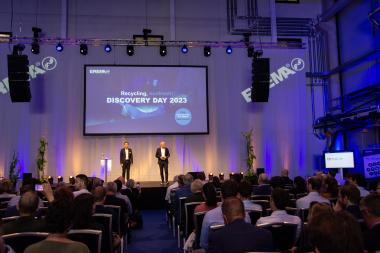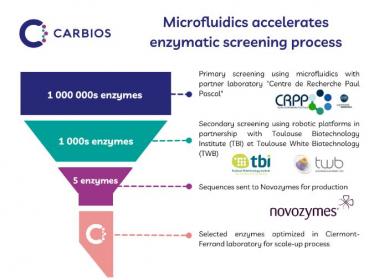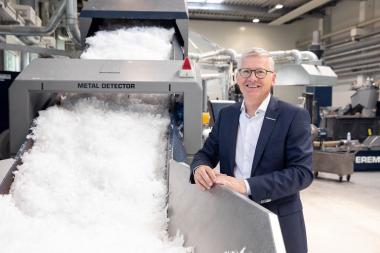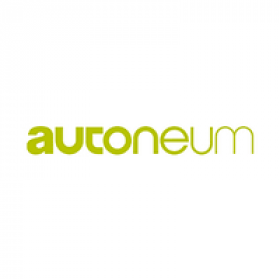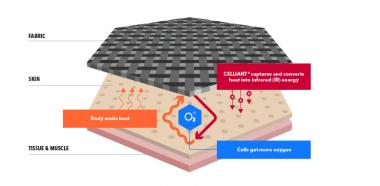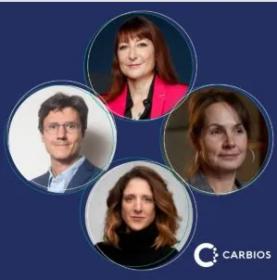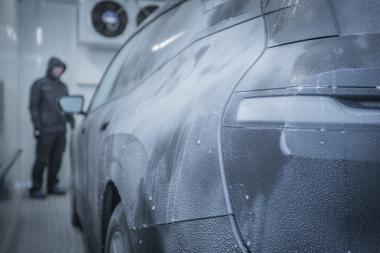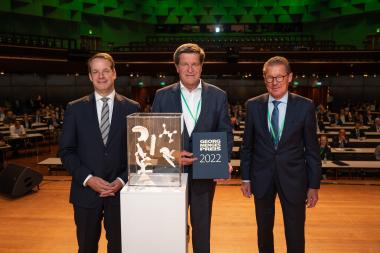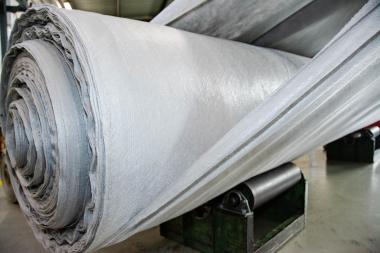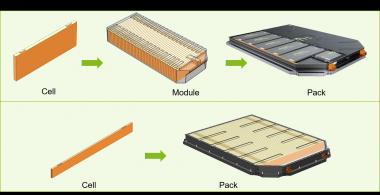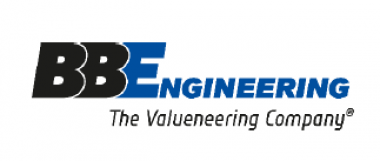adidas Originals and KSENIASCHNAIDER present Collaborative Collection
This season, adidas Originals and the progressive Ukrainian label KSENIASCHNAIDER have come together to present a collaborative collection featuring a host of unconventional garments, footwear, and accessories.
Founded in 2011 by Ksenia and Anton Schnaider, KSENIASCHNAIDER is a Kyiv-based independent fashion house centered on creating boundary pushing ready-to-wear, denim, and upcycled apparel and accessories. Drawing on Ksenia’s design language and Anton’s engineering logic, the partners’ eponymous label continues to challenge established conventions to boldly project a new vision of the future.
The collection is anchored by a host of garments which blend the Ukrainian house’s signature aesthetic with adidas’ instantly recognizable brand codes. First, an array of denim pieces – including jeans, jackets, and shirt dresses – are elevated with frayed edges, voluminous cuts, and idiosyncratic details. Second, fresh takes on a timeless adidas classic stand out as adiColor tracksuits, corsets, and dresses are reworked in a patchwork finish.
The adidas Originals x KSENIASCHNAIDER collection launches on July 1st.
adidas AG






